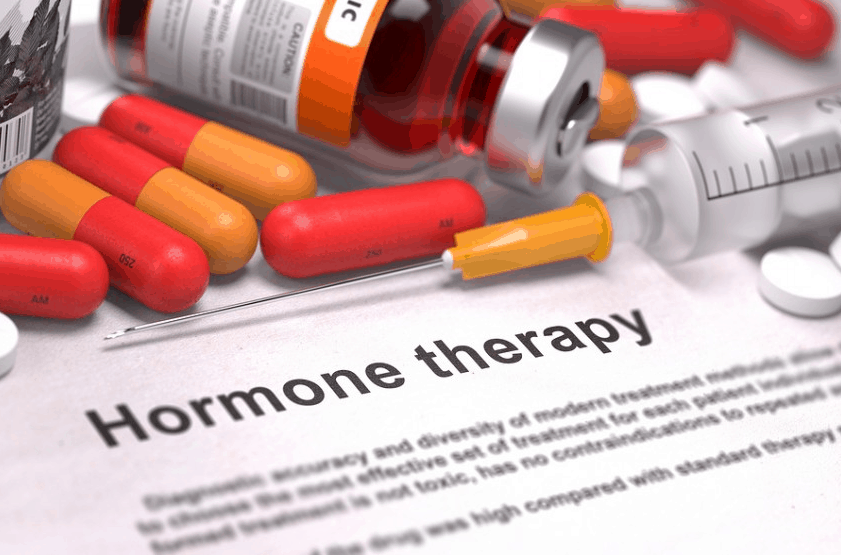A diagnosis of prostate cancer is almost certainly one of the most significant events in any man’s life. Becoming an informed patient is one way that you can regain control over your life. Talk to your doctor about your treatment options, which may include hormone therapy. Hormone therapy is also sometimes called androgen deprivation therapy.
What is hormone therapy
Your body relies on testosterone for many things, from sex drive to bone density maintenance. Unfortunately, testosterone also feeds prostate cancer cells and encourages them to flourish and spread. Hormone therapy is a treatment option that prevents your body from producing testosterone in order to slow the growth of prostate cancer cells and ideally, kill them.
Are you a good candidate?
Hormone therapy for prostate cancer may be used in a range of circumstances, but not every man with prostate cancer is a good candidate. Your doctor might recommend it if you have early-stage prostate cancer. In this situation, the treatment is used to shrink the tumors prior to undergoing prostate cancer surgery or radiation therapy. It may also be used after surgery or radiation therapy (adjuvant therapy). Doctors most often recommend hormone therapy for patients with advanced prostate cancer. It is used to shrink and slow the growth of tumors.
How to prepare for hormone therapy
Prepare to undergo hormone therapy for prostate cancer by talking to your doctor about which type of hormone therapy is right for you. Discuss the potential risks and side effects associated with each type. Disclose your full medical history to your doctor, including any other medical conditions you have and drugs and supplements you take. Expect to undergo a series of tests to check your general health and evaluate the cancer.
It’s also a good idea to anticipate your self-care needs. Prepare to take some time off of work or slow down your daily schedule while you cope with the effects of the hormone therapy.
Potential side effects and risks
There is a long list of potential side effects associated with hormone therapy, however it is important to bear in mind that not all men will experience all of them, and they may also vary in severity. Some of the possible complications may include elevated cholesterol levels, anemia, osteoporosis, liver problems, and an increased risk of heart attacks, stroke, and diabetes.
Other side effects can include growth of breast tissue, tender breasts, erectile dysfunction, hot flashes, decreased libido, and mood swings. Memory loss, weight gain, nausea, fatigue, and loss of muscle mass can also occur.
Researchers are exploring the use of intermittent therapy to minimize the side effects associated with this prostate cancer treatment. Intermittent therapy utilizes “drug holidays,” or periods in which the patient does not take hormone therapy drugs. This allows the testosterone levels to slowly rise, which alleviates side effects before the next cycle of hormone therapy drugs begins. However, the long-term benefits of this technique are still unclear.
Read more in our Prostate Cancer Health Center.







